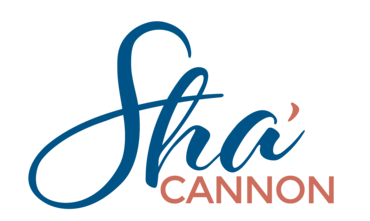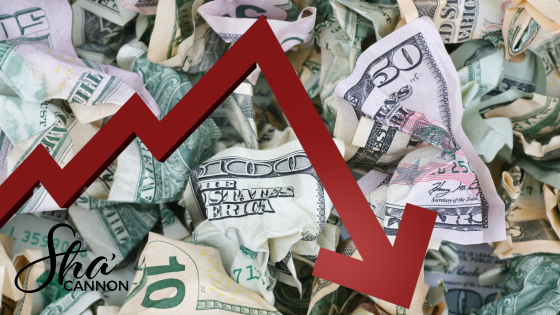For a while, there were debates about whether there was a recession. There was definitely inflation (a general increase in prices and a fall in the purchasing value of money). Gasoline was high. The cost of food was high. Affordable housing was nearly non-existent. Money simply did not go as far as it used to. A recession is generally defined as a period of temporary economic decline. I think looking back… we can say we recessed.
If you still have an operational small business after going through these hard economic times, then you have to protect it. After looking back at what happened to the small businesses that didn’t make it and researching the ones that did, I want to share 4 strategies that can create unique opportunities to forge a path of continued sustainability and even thrive.
Be a part of more conversations. As the economic situation is healing for your ideal clients and they are more willing to spend, they will spend will those that they feel have been giving helpful information all along. During these times loyalty is built between those in need and those that give along the lines of what they need. It’s not the time to be silent. Enter more conversations where your ideal clients can receive beneficial information from your expertise. Even lead more of the conversations by building influence around your expertise. This can come in the form of content, contributing writing, interviews, trainings, etc… There are different ways and types of content to produce. When they are ready to spend money to solve their problem, they will spend it with those who were there helping them all along.
Be adaptable with your business model. Having an offer continuum or hierarchy gives your business the ability to highlight the appropriate offering for appropriate economic circumstances. These tiered offerings can be DIY (do it yourself, which is usually lower priced), DWY (done with you, which is usually moderately priced), and DFY (done for you, which is usually high-ticket). They can all be one of those segments but have varying pricing levels within that segment. For example, all of your offerings can be DWY but have varying levels of access or resources that make them different prices. The goal is to be known for one thing but being able to offer it in different ways to accommodate those with varying budgets during hard economic times.
Be more efficient. The first phase after a recession is not growth, it is stability. To be more sustainable as a business, you have to audit to cut the fat. Whether it be checking, your structure, your systems or using artificial intelligence to close the digital divide of where you are versus where you want to be. It’s not just about money. You should also be looking to be more efficient with how you spend time in your business and what you focus on.
Be excellent at what you do. A lot of businesses will focus on getting new clients. However, before that, small businesses need to make sure that they are giving excellent service to their current clients. Word of mouth from those you’ve served well fast tracks revenue from a transfer of trust that just isn’t available from people coming in awareness of you without an endorsement. Even more of an opportunity is to sell more things to the people who were served well by you in the past. Marketing to those who already know and trust you is more lucrative than marketing to strangers. Start with integrity and finish with excellent service as a highly viable way to keep revenue afloat and even grow it.
Needs support figuring out what your particular business’ priorities should look like, let’s talk. It’s FREE. ShaCannon.info/talk

